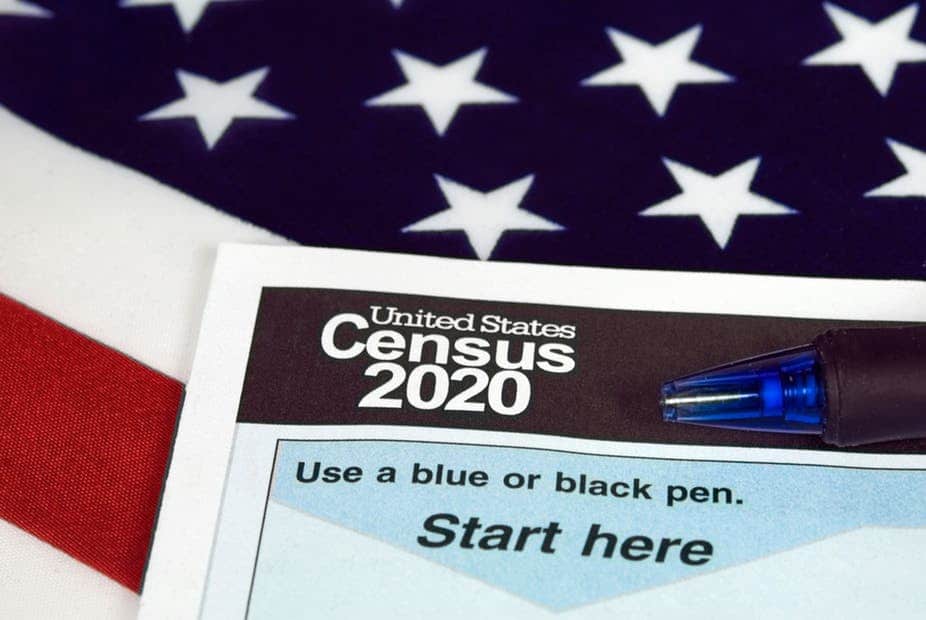Amid controversies in the UK, US, and elsewhere about changes to the census, Laurence Cooley< of the University of Birmingham writes for The Conversation:
Until they’re actually confronted with the form that drops through their letterbox once every 10 years, most people don’t usually give censuses much thought. But as governments gear up for a global round of censuses in 2020, the seemingly uncontroversial act of counting populations is already making the news and provoking heated debate.
In October 2017, several British tabloids ran highly critical front-page stories suggesting that the question on sex might be made optional in the 2021 census to avoid discrimination against transgender people. In reality, no such recommendations had been made, but the incident nonetheless highlighted the potential for controversy over even the most basic of census questions.
Across the Atlantic earlier in 2017, the US Census Bureau published a list of planned topics for its 2020 census that included sexual orientation and gender identity, only to subsequently announce that this was a mistake and retract plans for these questions. LGBT activists were dismayed. More recently, the Trump Administration has come under intense scrutiny for its demand to include a question on citizenship in 2020. Critics charge that this will discourage immigrants, especially those without legal status, from participating.
Because the apportionment of congressional seats is based on census data, the decision has been portrayed as an act of gerrymandering. Trump’s critics were hardly reassured by his attempt to appoint a registered Republican with a history of supporting the party’s controversial redistricting attempts as deputy director of the bureau.
And while questions about gender, sexuality and citizenship might be the most recent subjects of census controversies, they’re hardly the first topics to inspire such heated debate.
Included and Excluded
The inclusion and format of questions about race, ethnicity and national identity have divided people for decades. Such questions came quite late to the British census. A question on ethnic group was asked for the first time in England, Wales, and Scotland only in 1991. In 2011, a further question on national identity was added in all four countries of the UK – and the government is still being lobbied to redesign these questions further.
The Office for National Statistics has recently been faced with calls to add a Cornish option to the national identity question for the 2021 census. Demands have also been made to include a Sikh tick-box to the question on ethnic group in addition to its inclusion as a religious denomination. Similar calls were rejected prior to the 2011 exercise, which featured an expanded range of options, some for the first time – among them Arab and Gypsy or Irish Traveller.
While most censuses, including the British one, allow respondents to write in an answer rather than ticking one of the pre-defined boxes, there is no doubt that in an era of identity politics, many consider the presence of a tick-box on the form hugely symbolically important. Minority groups are often denied such recognition, and sometimes questions acknowledging them aren’t even asked – which can feel as if the census is “erasing” them.
In extreme cases, this denial of recognition has taken a more literal form, most alarmingly in Myanmar’s 2014 census. Seeing the exercise as a largely technical one that could assist the country’s development, aid donors – including the UK – funded the census enthusiastically. However, the count ended up excluding anyone who attempted to self-identify as Rohingya, foreshadowing their violent physical expulsion from the country and earning the British government a rebuke from the International Development Select Committee.
Statistical Ignorance
Even in liberal, open societies, some critics charge that asking questions about these aspects of identity is unnecessarily divisive. It contributes to “tribalism”, they argue, and fails to reflect the experience of growing numbers of people from mixed ethnic or racial backgrounds.
Former US Census Bureau director Kenneth Prewitt recommends a gradual phasing out of questions on ethnicity and race from the American census. Doing so, he hopes, will usher in a post-racial society. And yet even he acknowledges the risks: “We know that the legacy of discrimination continues to haunt us” and “faced with these empirical realities, statistical ignorance is a moral failure”.
Supporters of ethnic and racial classification need only point to France, where such classification is illegal. While it might be a noble principle, the colour-blindness of French official statistics has been called a “choice of ignorance” because it hides the extent of disadvantage and discrimination faced by minorities.
In her excellent book on census politics in Britain, Canada and the US, Debra Thompson argues that census-takers in liberal societies face an inevitable dilemma: while the act of counting people by race runs counter to the ideal that citizens are born equal, such counting is the only means of measuring racial disadvantage – a crucial prerequisite for countering it.
![]() It all comes down to the awkward truth: censuses are inescapably political. Critics are right to be worried about the potential for partisan influence on population counts, but the idea that politics can be kept out of the census is mistaken. Accepting this is a first step towards a better and more informed debate about what statisticians should actually be asking people about themselves.
It all comes down to the awkward truth: censuses are inescapably political. Critics are right to be worried about the potential for partisan influence on population counts, but the idea that politics can be kept out of the census is mistaken. Accepting this is a first step towards a better and more informed debate about what statisticians should actually be asking people about themselves.

